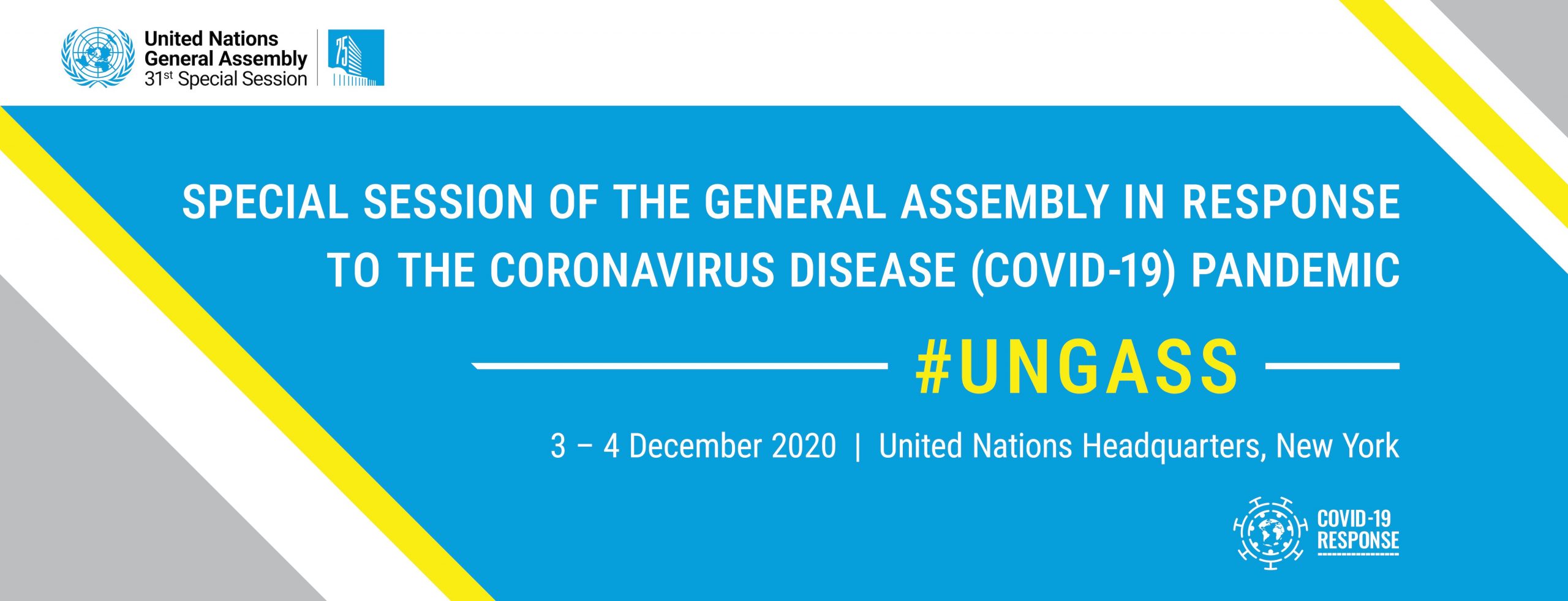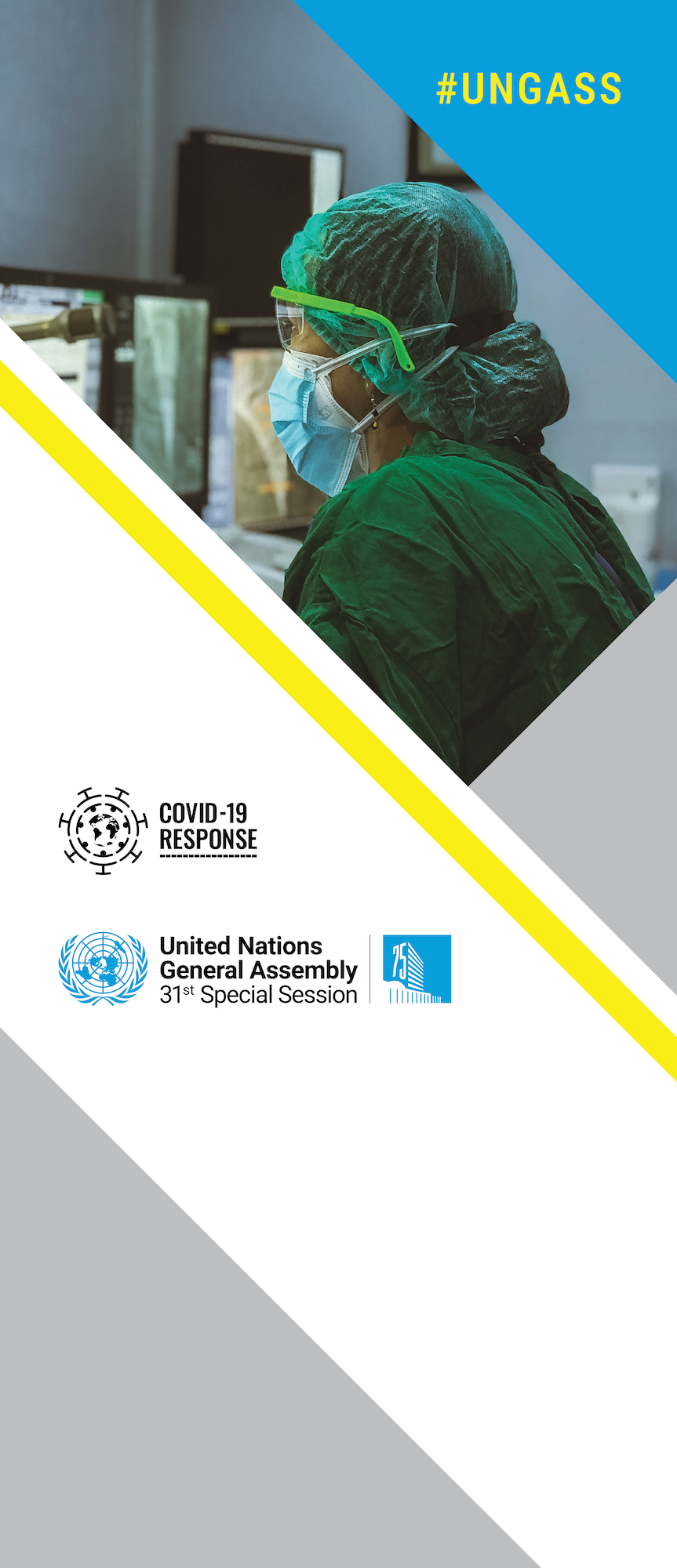
The COVID-19 pandemic is not only the greatest global health crisis since the creation of the United Nations 75 years ago. It is also a humanitarian, socio-economic, security and human rights crisis.
It has claimed more than 1.3 million lives, infected more than 54 million people, and upended the livelihoods of even more all over the world. It could result in the worst global recession since the Great Depression. The pandemic has exposed vulnerabilities and exacerbated inequalities within and between developing and developed countries, hitting the poorest and most vulnerable people particularly hard. With entire continents experiencing a resurgence in cases, living with and managing the impact and consequences of COVID-19 is the new global reality that no one can escape.
The United Nations system-wide response to COVID-19 is based on three pillars: a large-scale, coordinated, comprehensive health response; a wide-ranging effort to safeguard lives and livelihoods; and a transformative recovery process.
Following the public health response, led by the World Health Organization, the United Nations launched a coordinated global humanitarian response plan to mitigate the immediate impacts of COVID-19 in some of the world’s most vulnerable countries. The COVID-19 Global Humanitarian Response Plan is being implemented by UN agencies in partnership with vital local and international partners on the frontlines of the response.
Complementing the UN humanitarian efforts, to help countries recover better, the United Nations has also developed a global framework for the immediate socio-economic response to the pandemic. This is supported by the COVID-19 Response and Recovery Fund. To date, over 100 UN country teams are supporting government efforts through dedicated country-specific socio-economic response plans.
Other efforts advanced in response to the pandemic include the Secretary-General’s call for a global ceasefire; an initiative on Financing for Development in the era of COVID-19 and beyond; the launch of the UN’s “Verified” campaign to mobilize “digital first responders” to counter misinformation online; and the publication of policy briefs to help guide governments in fighting the pandemic.
The international community can turn this crisis around through collective, coordinated action in pursuit of the 2030 Agenda for Sustainable Development and the Sustainable Development Goals. Through this framework, countries can craft strategies to mitigate the effects of COVID-19, recover better, build forward and stay on track to meeting the 2030 Agenda, while ensuring no one is left behind.
The special session provides an opportunity for the international community to assess and hone its collective response to this pandemic.
World leaders, United Nations principals and other relevant stakeholders, will be able to engage in dialogue on the impacts of the pandemic on people, societies and economies and discuss the multifaceted, coordinated response required to address this crisis. The two-day special session will allow many stakeholders to share their experiences in fighting the pandemic, reflect on the global response to date, and forge a united, coordinated, and people-centered path forward.
The first day of the special session on 3 December, consisting of an opening segment followed by a general debate, will focus on the experiences of Member States. The interactive dialogue on 4 December, will entail a series of moderated panels covering key aspects of the impact of, and response to, the COVID-19 pandemic, including the UN system’s health and humanitarian response to date; the road to a COVID-19 vaccine; and the socio-economic impact and recovering better.

Letters
Resolution
Resolution adopted by the General Assembly on 5 November 2020
75/4. Special session of the General Assembly in response to the coronavirus disease (COVID-19) pandemic
A_RES_75_4_EDownload here
